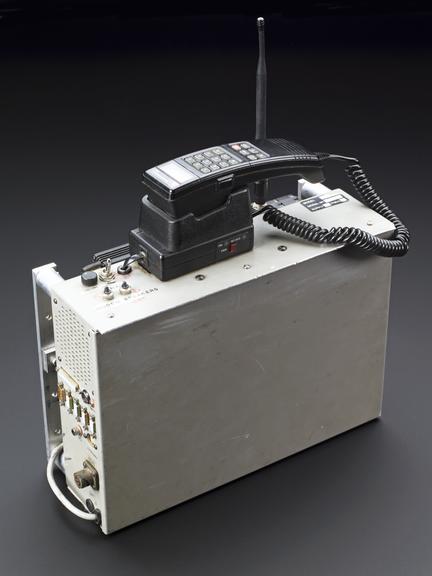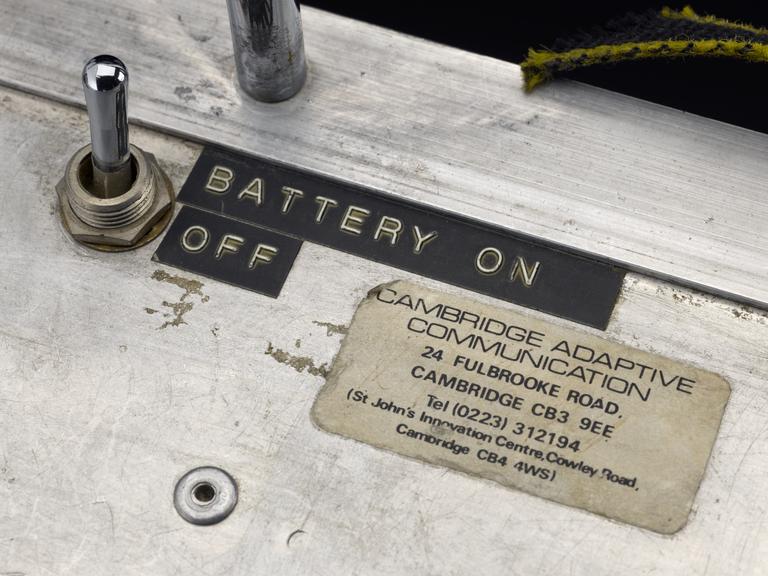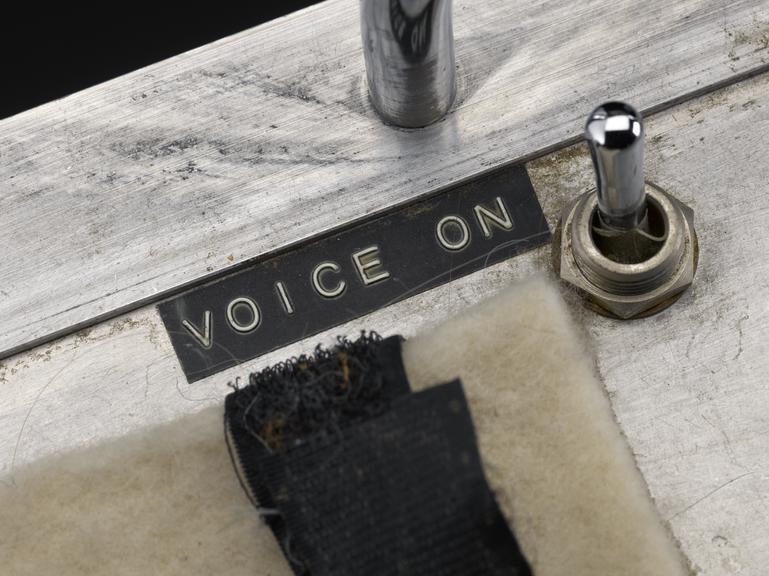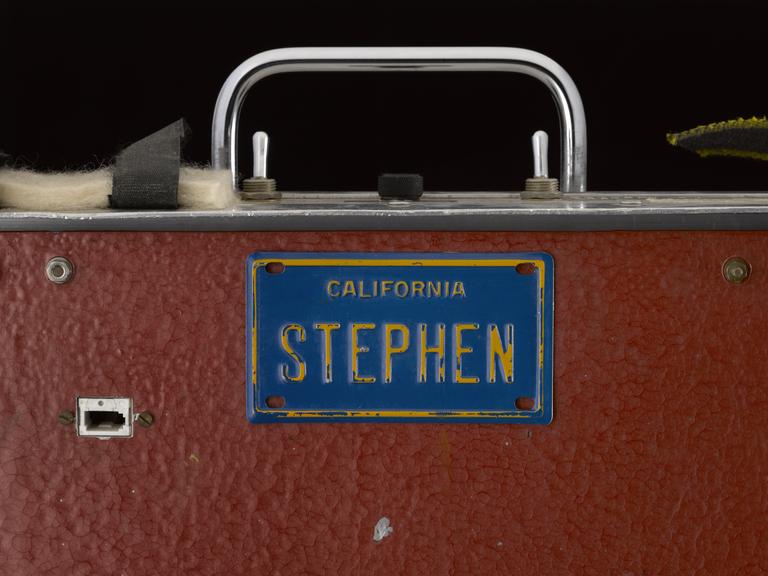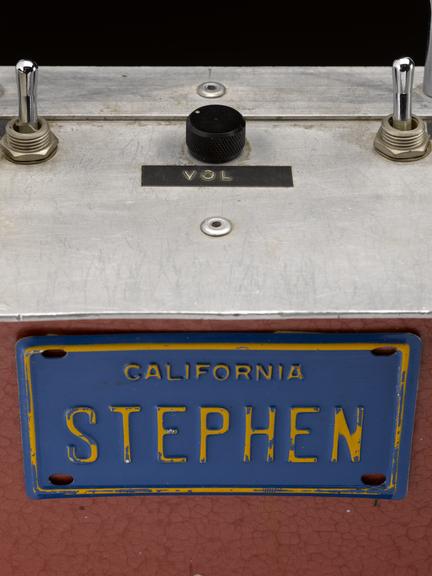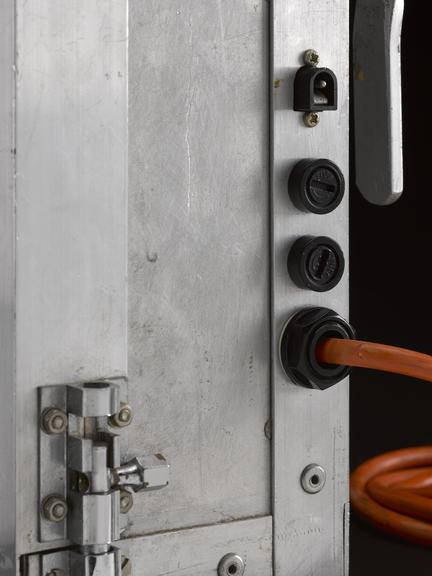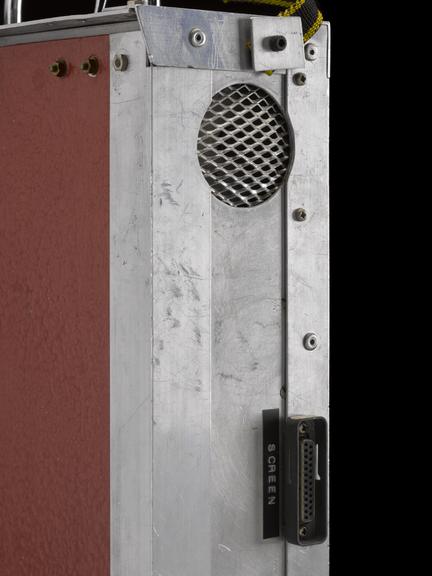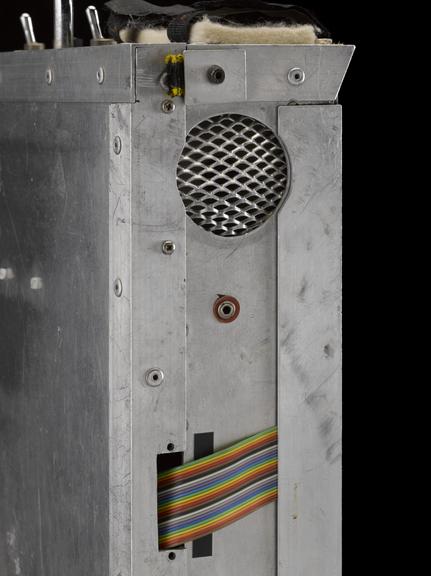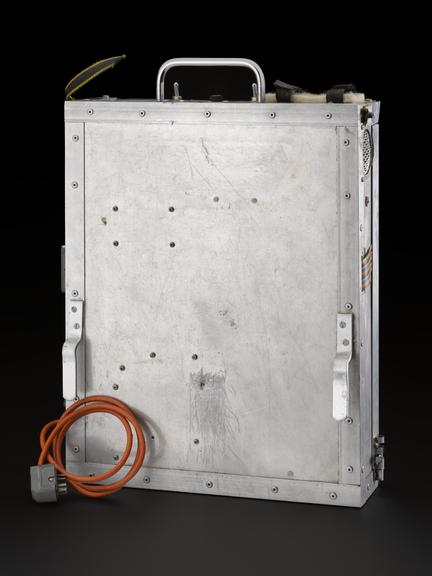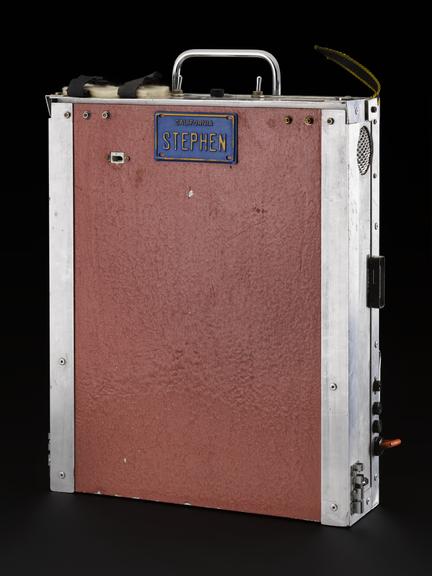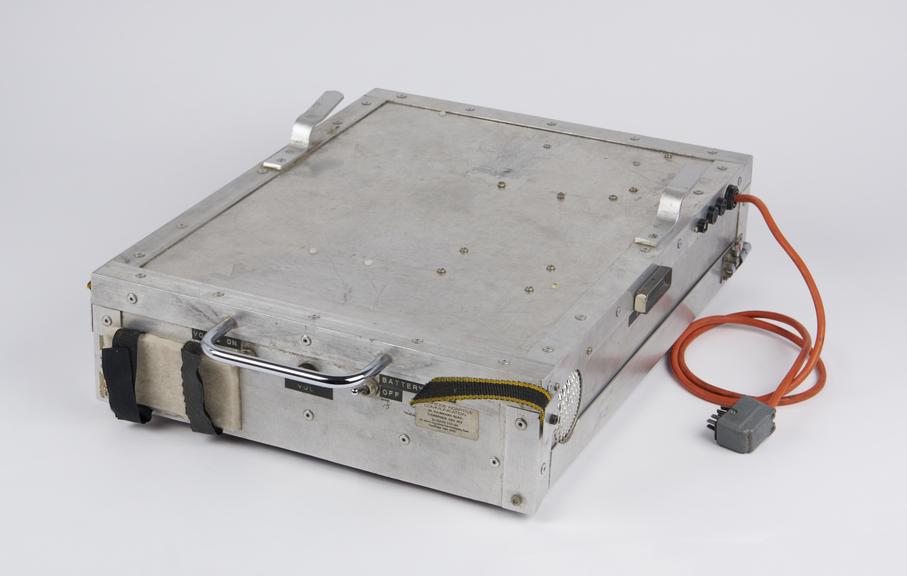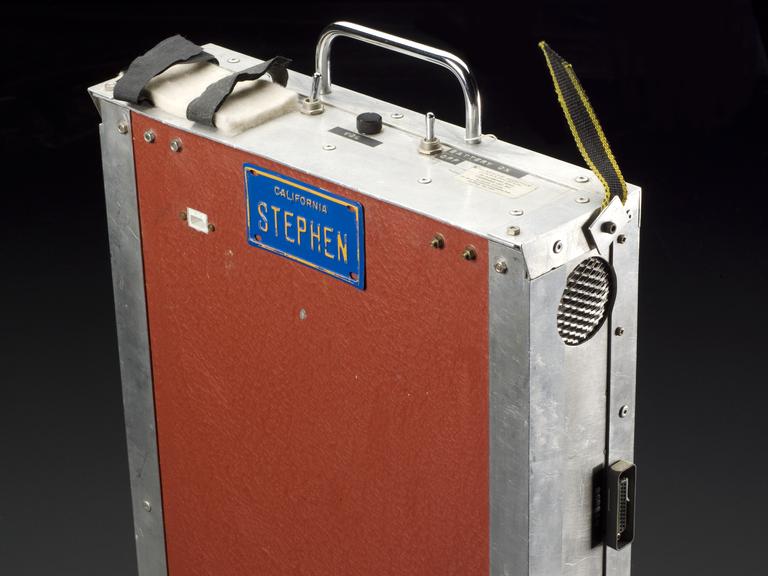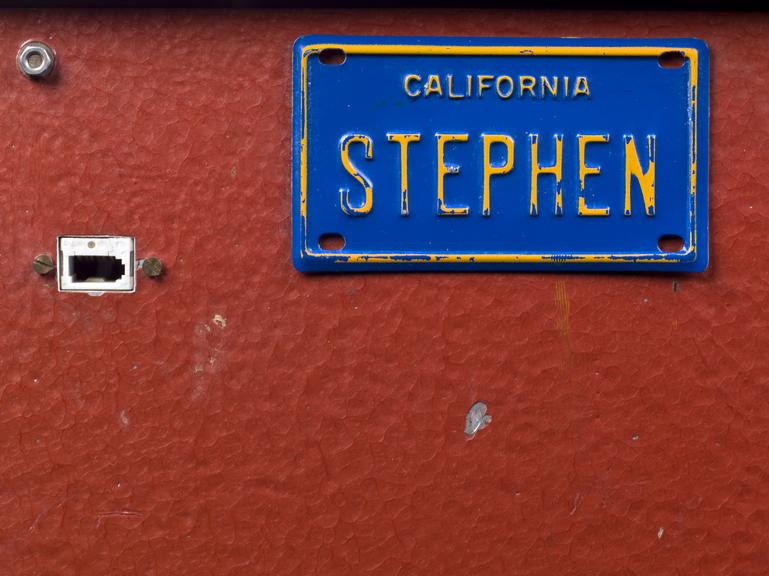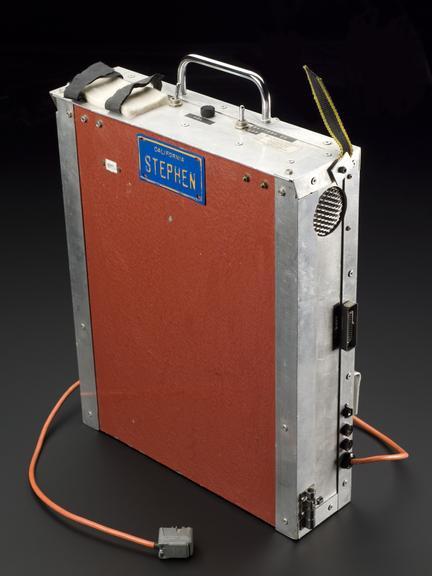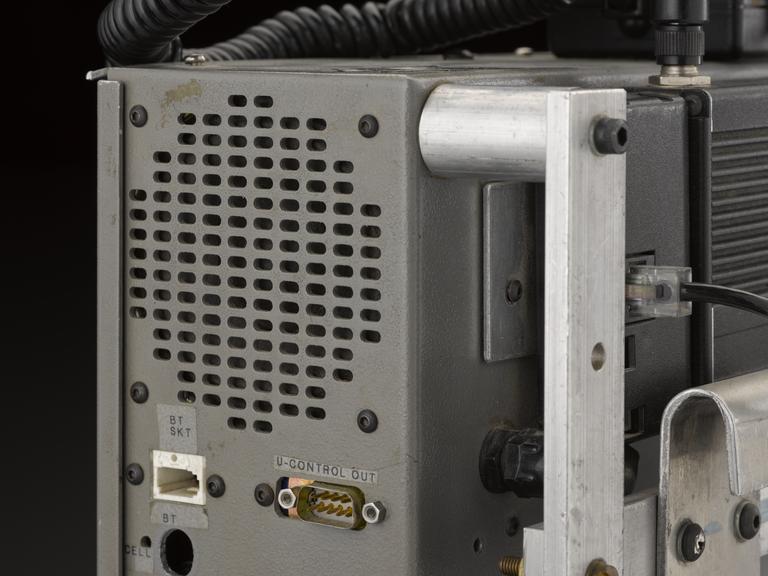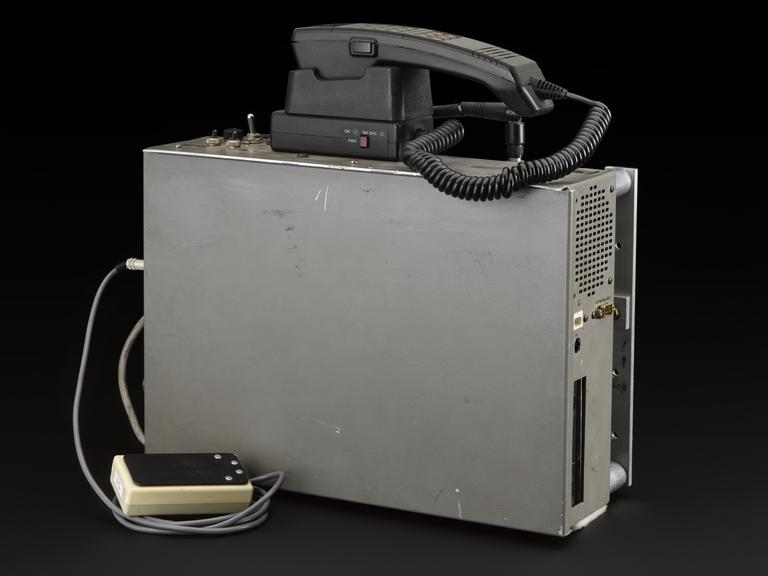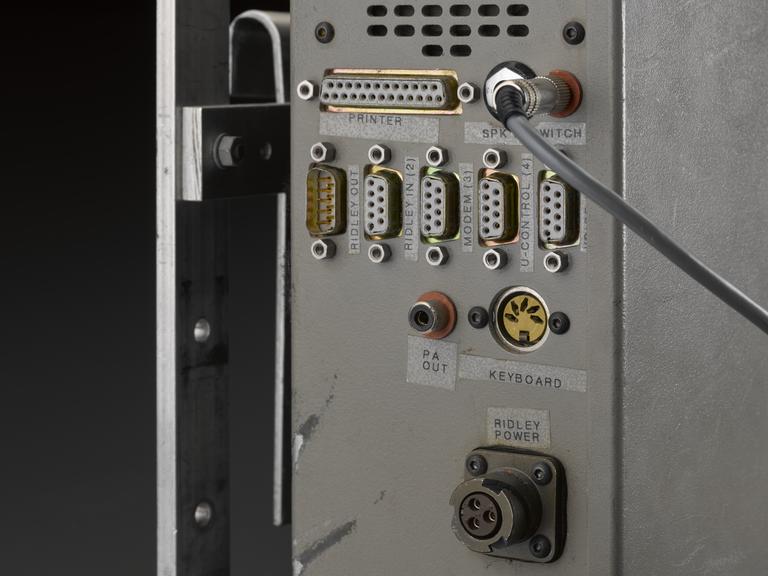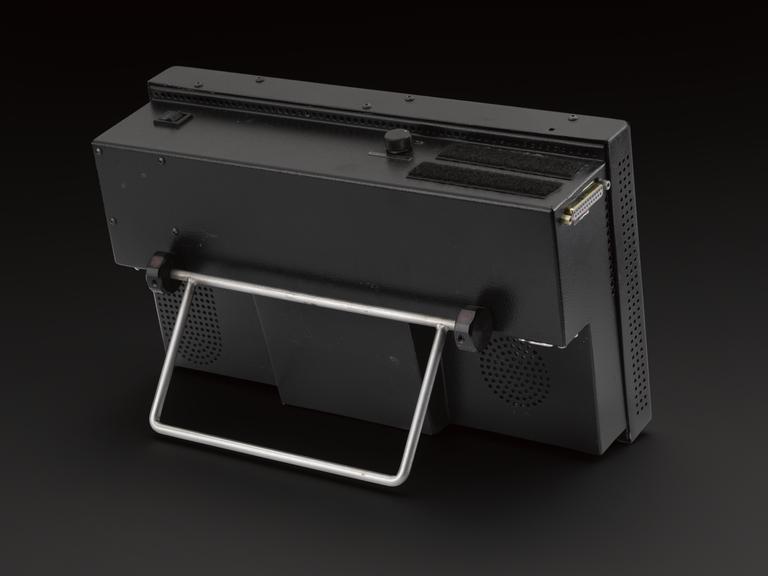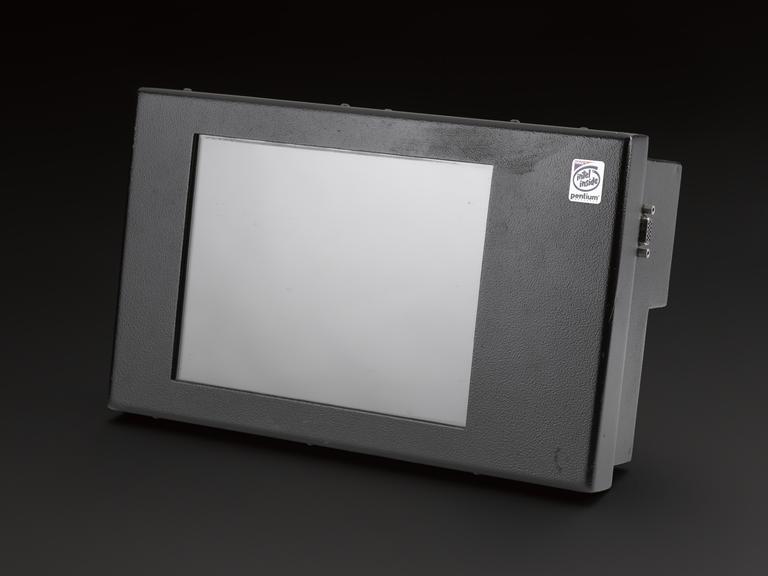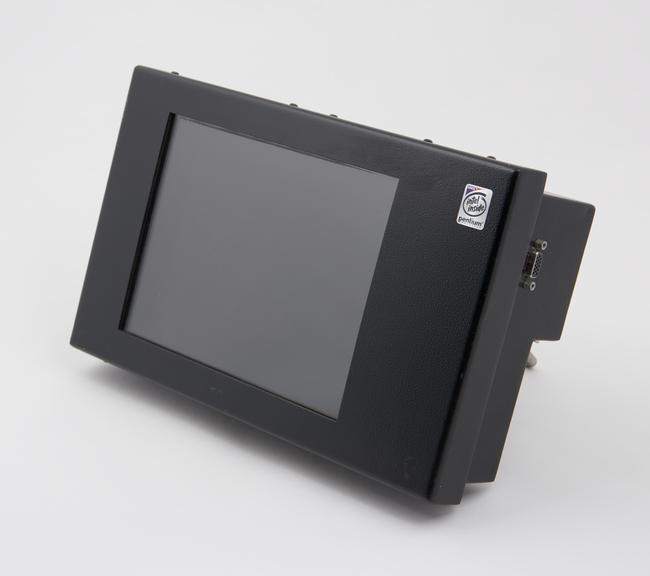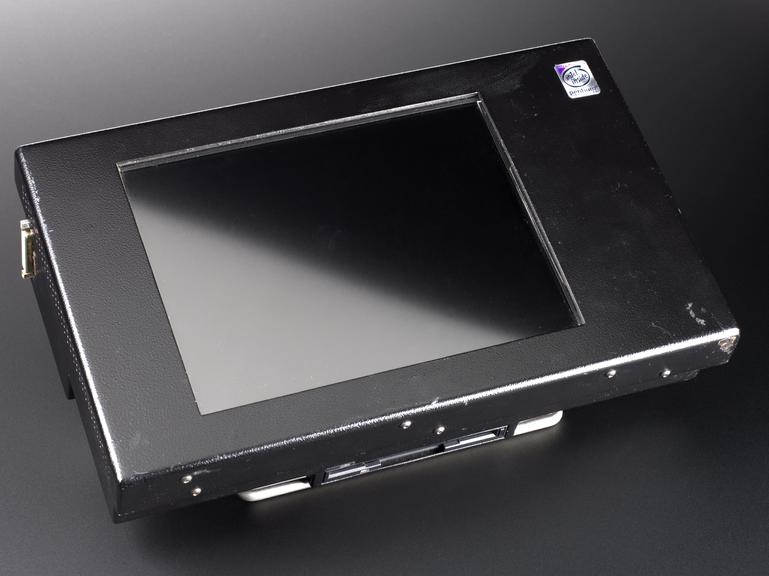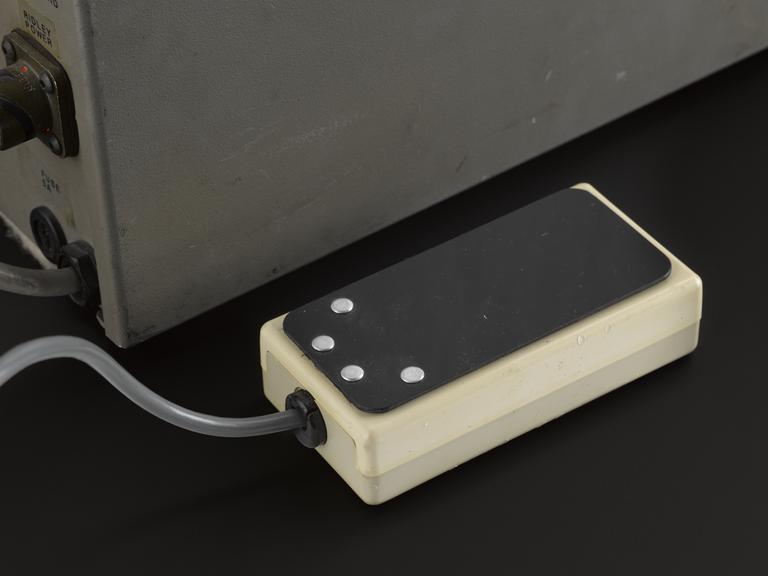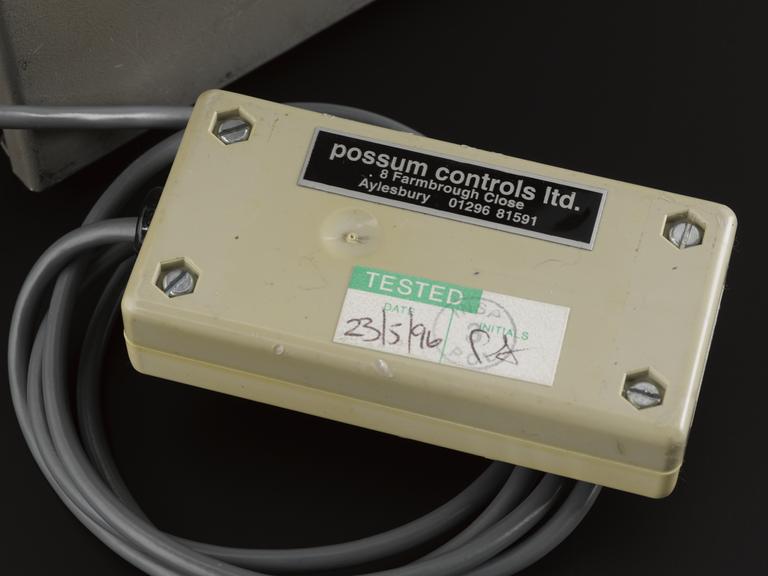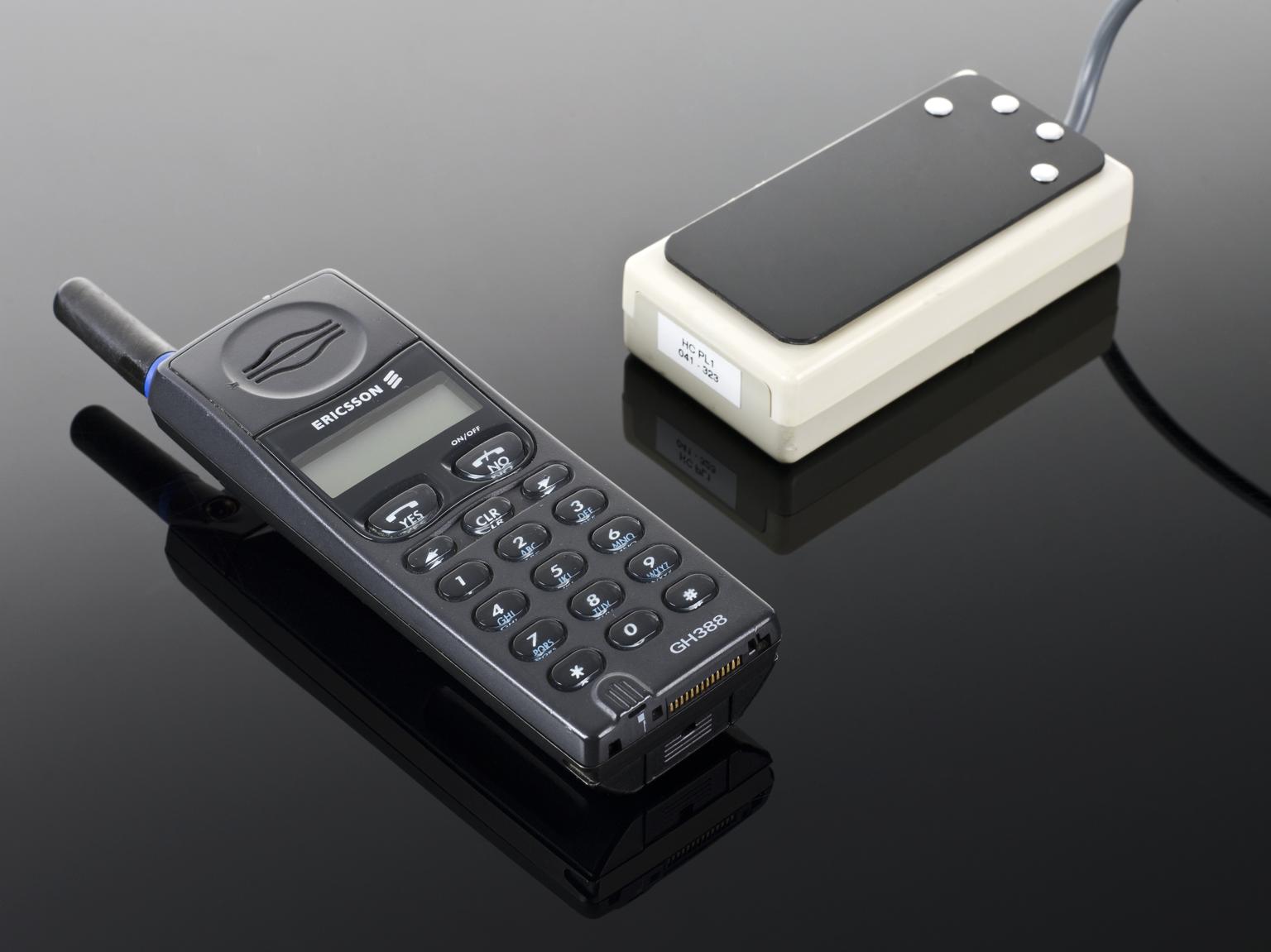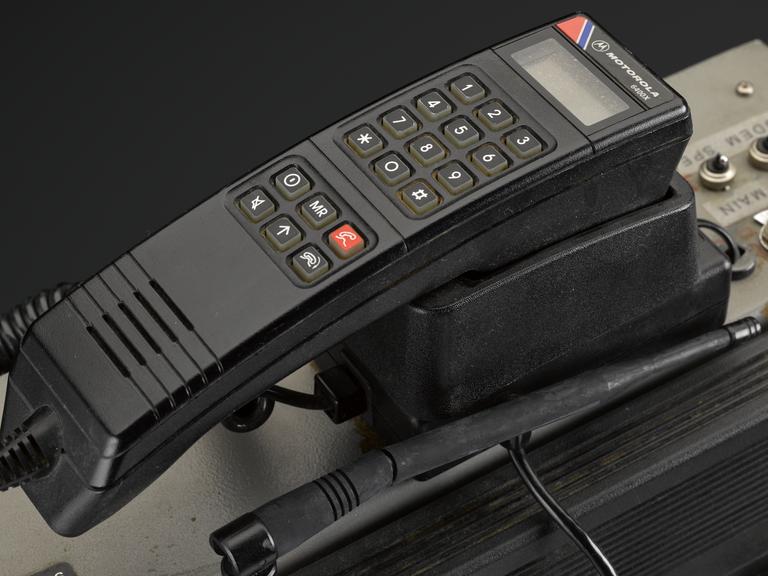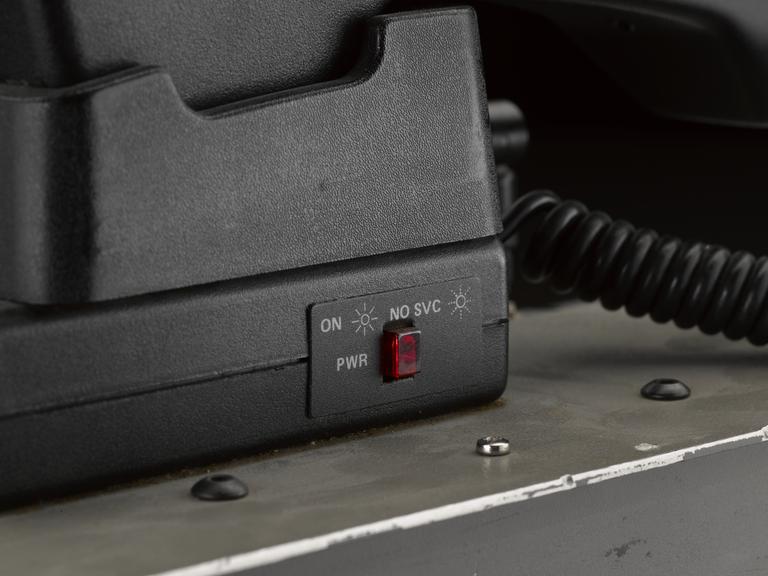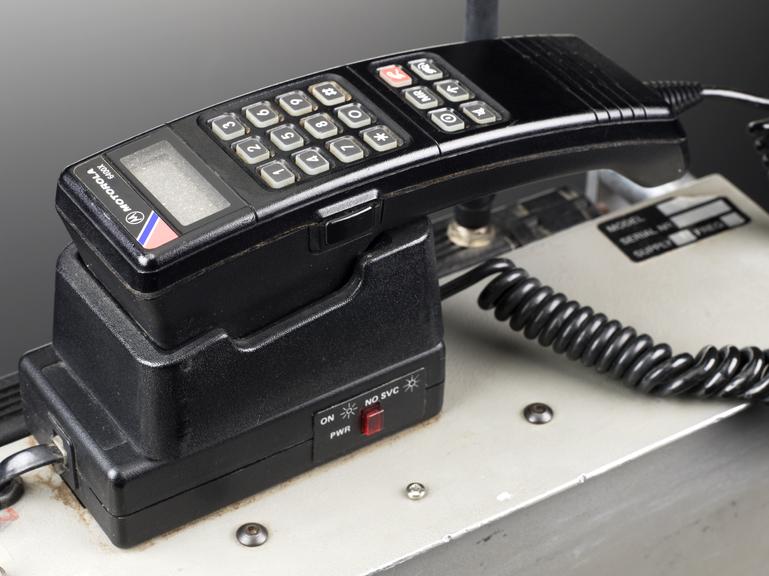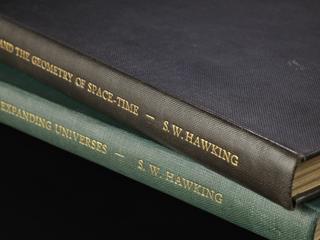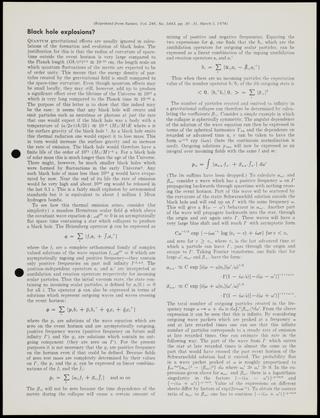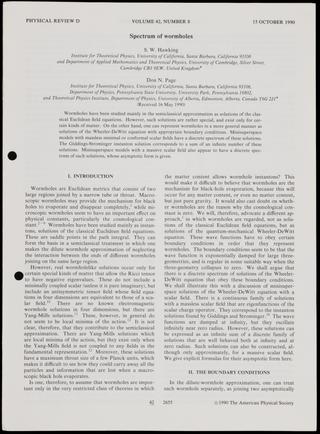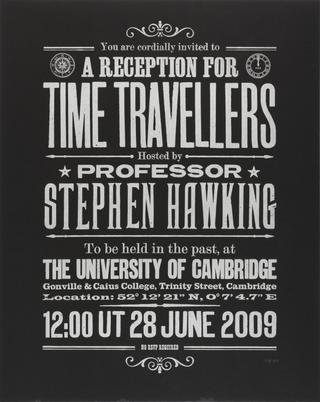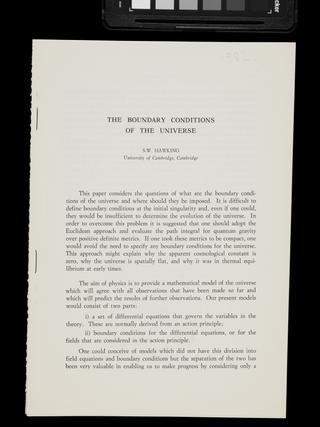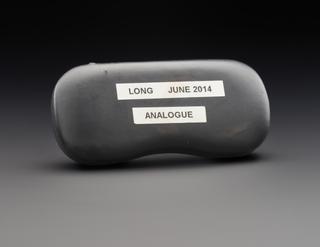Steel case for Stephen Hawking's speech synthesizer
Steel case for voice synthesizer. Part of communication equipment built for Stephen Hawking to allow speech and communication by computer with the Internet, by Cambridge Adaptive Communication, 1985-1995.
More
This is part of Stephen Hawking's first synthesizer system. After using it for more than a decade, he gave it on loan to the Science Museum in 1999, where it has been on display in different exhibitions. Stephen was proud to mention that his voice was in the Science Museum. In 2021, this system, which was previously on loan, became part of the newly allocated collection of Stephen Hawking's Office.
In 1985 Hawking completely lost his voice after emergency windpipe surgery. Shortly after, he began to try a voice synthesiser and software that allowed him to select letters or preprogrammed words and phrases. The synthesiser hardware was adapted into a portable system hanging on his wheelchair.
With practice, Hawking was able to say about 20 words per minute (most people reach about 150). His synthetic voice became famous, and he later refused offers to ‘humanise’ it.
- Materials:
- steel (metal) , plastic (unidentified) , paint , textile and nylon
- Object Number:
- 2021-561/21/1
- type:
- case - container and voice synthesizer
- Image ©
- The Board of Trustees of the Science Museum



